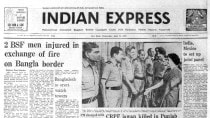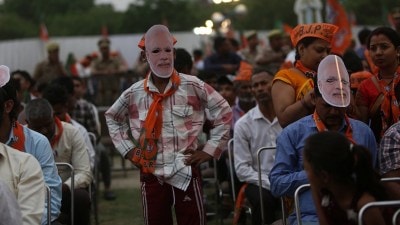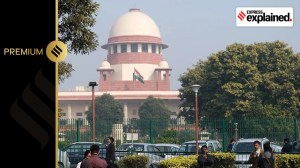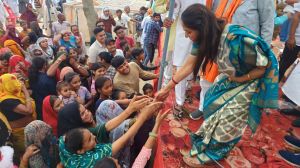- India
- International
Coming home
This Devdas story has a happy ending.
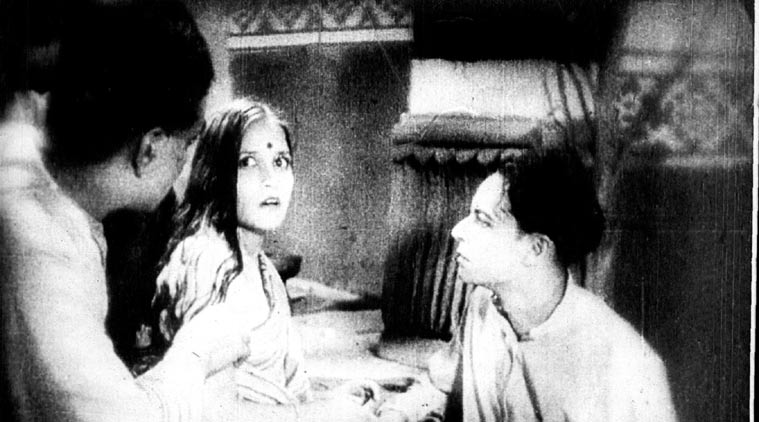 The 1935 first-ever talkie version of Devdas starred Barua himself as Devdas, Jamuna Barua as Parvati (Paro) and Chandrabati Devi as Chandramukhi.
The 1935 first-ever talkie version of Devdas starred Barua himself as Devdas, Jamuna Barua as Parvati (Paro) and Chandrabati Devi as Chandramukhi.
The scars of Partition were not just inflicted on the land and the people. Cinema, that great unifier, suffered too. People in the industry were divided, and with them the precious heritage of the early years of Indian cinema. One gem, the 1935 Bengali version of P.C. Barua’s Devdas, found its way back to India on Monday, when a visiting delegation from the Bangladesh Film Archive gifted a DVD of the film to the National Film Archive (NFA) in Pune. In return, the NFA offered a copy of Dadasaheb Phalke’s Raja Harishchandra, the first full-length feature film made in the subcontinent. Though Devdas was remade many times, and in many languages, the Bengali version, in which Barua himself acted as Devdas, is deemed a cult classic that set the tone for the later versions that featured K.L. Saigal, Akkineni Nageswara Rao, Dilip Kumar and, most recently, Shah Rukh Khan.
Cinema has been an integral part of the Indian state’s soft power. The best films of the 1950s and ’60s represented the hope and despair of a newly independent nation, with heroes who defied hunger and humiliation by holding up lofty ideals. Though rooted in Indian soil and drawing upon its folk traditions of music and dance, these films and their nationalism resonated with audiences across several newly independent and struggling nations. They bridged cultures and built a Third World solidarity. That era has passed. The market has taken on the role of the state, transnational productions and collaborations have opened up new possibilities. The diaspora has emerged as an influential factor.
Barring the occasional actor or musician hopping across borders to work in Bollywood, however, the subcontinent’s nations, though part of the same cultural continuum, have been relatively shy in exploring joint endeavours. Hopefully, the new warmth between New Delhi and Dhaka will lead to more crossborder cultural interactions and productions. It’s a way to bring people closer, build new solidarities.
EXPRESS OPINION
More Explained
Apr 25: Latest News
- 01
- 02
- 03
- 04
- 05


